Much like its predecessor, The Last of Us Part 2 is a challenging game to play. Not in terms of its difficulty, which can be tailored to precisely the experience you want to have. Instead it challenges you through its plot and characters, feeling more like a movie or TV show at times than a typical video game. With Part 2, which takes place about four years after the much talked about conclusion to the first game, Naughty Dog has once again crafted a story that conveys important messages while still leaving itself open to interpretation. While I talked a little bit about this in our review, now that the game is out it’s time to get deeper into this story and what it is trying to tell you.
Huge spoiler warning from here on out. I’ll be discussing everything that happens assuming you’ve already completed the game, so continue reading at your own peril. The ending and pretty much all other aspects of the story will be spoiled here, so if you haven’t finished the game please read the previously linked review instead and come back here once you’re done.
Revenge Quests Never End Well
At first glance The Last of Us Part 2 isn’t all that different from other stories of vengeance. Even series creator Neil Druckmann acknowledges this, saying “on the surface, it’s a simple ‘revenge story,’ but as you dive into the game it’s deeper themes will emerge. It’s a story of tribalism; of how we vilify and dehumanize those on the outside. It’s a story of obsession – when is it time to let go? And when should you hold on at any cost? This is a story of trauma, redemption, and empathy.”
When the game begins Ellie has been living in Jackson for many years, always with Joel watching over her or by her side. He’s basically become her father, and though they seem to have had some recent strife, their love and care for each other is never in doubt. You’ll learn later that the strain currently placed on their relationship is a bit layered. The immediate concern is that Ellie was criticized by a homophobic man at a recent event, causing Joel to come to her rescue.
This might not seem so bad when taken on its face, but as we also learn through the course of the game Ellie has found out Joel’s big secret from the end of The Last of Us. There Joel murdered dozens of Firefly soldiers and even a doctor who was looking to use Ellie to fashion a cure for the cordyceps fungal infection that has shattered the world. The procedure would result in her death though, so Joel kills anyone that gets in his way and extracts Ellie to safety. He did this as an act of love of sorts, trying to protect her, which is why she becomes so enraged at Joel for still trying to protect her in this way.
Beyond that though, Ellie sees her own life through the prism that Joel has forced on her. As apparently the only person immune to the disease, Ellie had a purpose. By killing the doctor who could have made a cure Joel took that purpose away from her, leaving her with a normal, mundane life as far as she can tell. So her anger at Joel makes a lot of sense in these moments, but they still care for each other quite a bit. And the player currently isn’t even aware of all of this when the “inciting incident” occurs and Joel is killed.
When Abby shows up we know nothing about her, her past, or what is really going on. She runs into Joel and the player might think nothing is wrong yet, but that feeling doesn’t last long. as Abby begins torturing and ultimately kills Joel in front of Ellie, leaving her and Tommy alive to live with the results of her actions. But why does this happen?
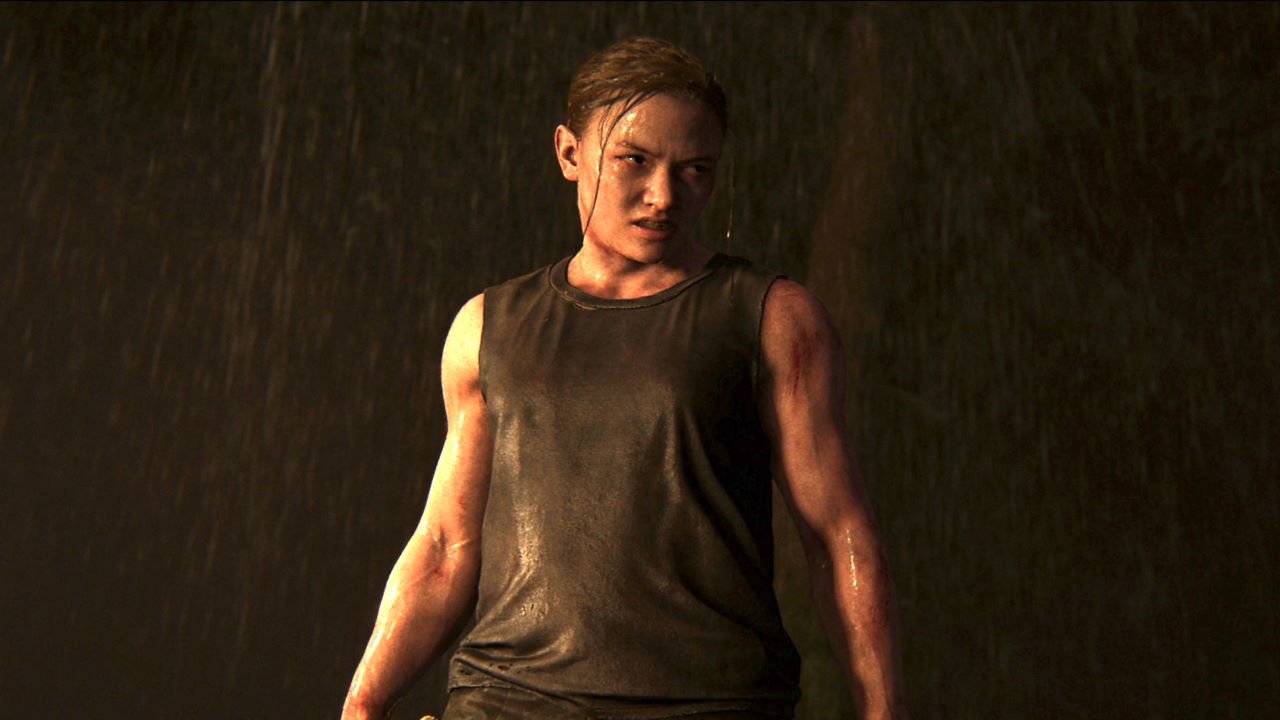
Why does Abby Kill Joel?
As revealed later on via flashback and dream sequences, Abby was on a revenge quest of her own. Almost mirroring Ellie’s eventual journey to kill Abby and her crew, Abby was seeking vengeance for Joel’s actions at St. Mary’s hospital at the end of The Last of Us. Through these sequences we come to see Abby in almost the same way we once did Ellie, as a young child who had hope for the future. That was taken away from her by Joel when he killed her father, the doctor who was working on a cure, along with many of her friends in the Fireflies.
She’s spent the last few years preparing for her revenge in the same way we see Ellie prepare to take on Abby, only moreso. She spends years tracking him down, trying to find where he ended up after the hospital. We are introduced to Abby at the end of this quest, as she has travelled to Jackson to accomplish her task. She does so in quite disturbing and violent fashion, but leaves Ellie and even Tommy alive. This is almost ignored by the characters, though the player should keep it in mind as they continue Ellie’s journey for revenge.
Abby had every chance to kill them all and chose not to. Her revenge was laser focused on Joel and once she finished that dark task she moved on. Ellie takes a different approach, killing anyone and anything that gets in her way as she seeks revenge for the singular murder of Joel, a man who by many accounts deserved what happened. As we spent many hours coming to love Joel and connect to him through Ellie’s love for him, players likely won’t see it this way, especially at first, but as the game explores Abby’s backstory and how Joel’s action impacted her it should become clear and our empathic connection should shift somewhat. Though that shift will vary from player to player, leading some to wonder who the real good and bad guys are in The Last of Us Part 2.
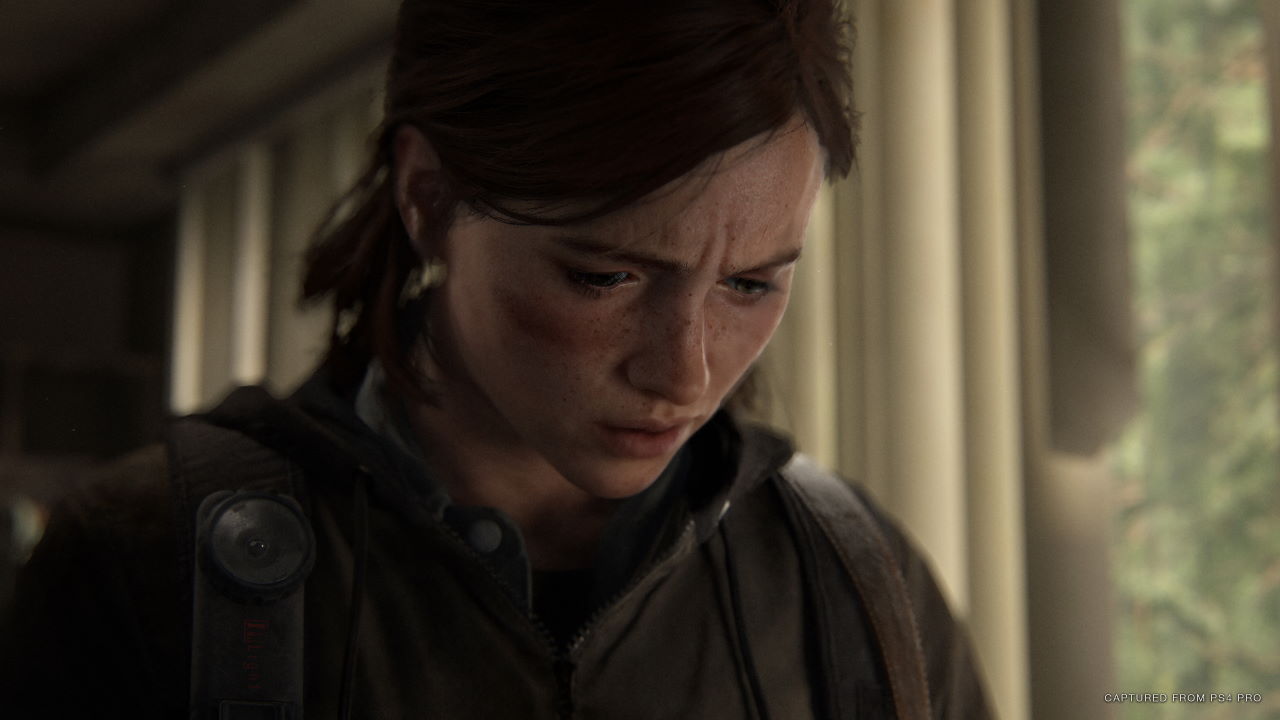
Who’s the Bad/Good Guy?
Starting out in The Last of Us Part 2 you will almost certainly view Joel and Ellie as the “good guys”. They’re who we connect with and understand, so we empathize with their actions more than anyone else’s. Abby shows up out of nowhere from our and Ellie’s perspective, murdering Joel and running away, leaving sadness and chaos in her wake. We understand as Ellie and Tommy set out on their vengeance quest and see their actions as heroic, at least some players will.
But the game is telling a different story. As the game moves on you might even shift to thinking Abby is the “good guy”. Her story contains all the usual aspects of this. She’s seeking revenge for a true wrong: the murder of her own father. She is spurned by her potential lover, who has gotten another friend pregnant. And by the end, having done nothing else to impact Ellie other than kill Joel and leave, all of her friends have been murdered by this random woman.
Just as we are capable of unconditional love, we are also capable of unforgivable hate
Abby almost has more reason than Ellie to seek vengeance for what has been done to her. And as this is all going on, with her not even knowing Ellie is around and seeking revenge, she is helping out truly good individuals as they try to escape from a violent and oppressive cult. In short, Abby has put her own life in danger to save two children from a life of oppression and violence. Take out the killing of Joel, and Abby stands as possibly the best person in this whole story, and players will hate her just as much as Ellie does all because they have a previous connection to Joel.
As Neil Druckmann said, “The themes of The Last of Us Part II are based on a universal truth – that just as we are capable of unconditional love, we are also capable of unforgivable hate. And those two feelings are inextricably linked.” Abby is driven to kill Joel due to her hatred of him, which is caused by her love for her father. Ellie is the same, hating Abby and all of her friends because they killed someone she loved.
So in the end, there really isn’t any singular good or bad guy in The Last of Us Part 2. Everyone’s actions are justified from their own perspective, but by taking a wider view of the entire situation, as the player should by the end, they can see this. They can see the horror being brought about against otherwise innocent individuals. Hopefully by the end of the game most players will look back at the actions of Abby and Ellie through a new lens and understand that neither of them were good or bad, but both made bad decisions for seemingly good reasons. Which brings us to the last act of the game, where Ellie seems to understand this, at least in part.
Ending Explained – Why Doesn’t Ellie Kill Abby?
At the end of The Last of Us Part 2 Ellie has travelled across the country once again all to exact revenge against Abby. Having murdered dozens of people, including her best friend and a pregnant woman, Ellie seems to be driven simply by momentum. She had been beaten by Abby, who once again showed her mercy, and travelled home to live a life of peace with Dina and their child. But that peace is disrupted by Tommy with a lead on Abby.
Ellie seems to decide not to seek revenge again, having been traumatized now by both Joel’s death, her own actions, and her lost fight against Abby. But trauma makes people do things they otherwise wouldn’t, and once she saw Abby’s location on Tommy’s map it was clear what would happen. Having been experiencing strong PTSD since her return, Ellie would be better served letting go of her anger, but she simply can’t. So she sets out once again to find and kill Abby.
Abby has since been capture by the Rattlers though, after coming so close to finding the last remnants of the Fireflies. Having saved Lev from the Seraphites, Abby has a small chance at a truly happy ending for them both, but it’s taken away at the last second. Ellie doesn’t know any of this of course, but the player does and it should lead to a lot of anxiety as you watch Ellie work her way toward the captured Abby. Has she changed her mind? Will she save her rather than finish the vengeance quest that has already cost her so much?
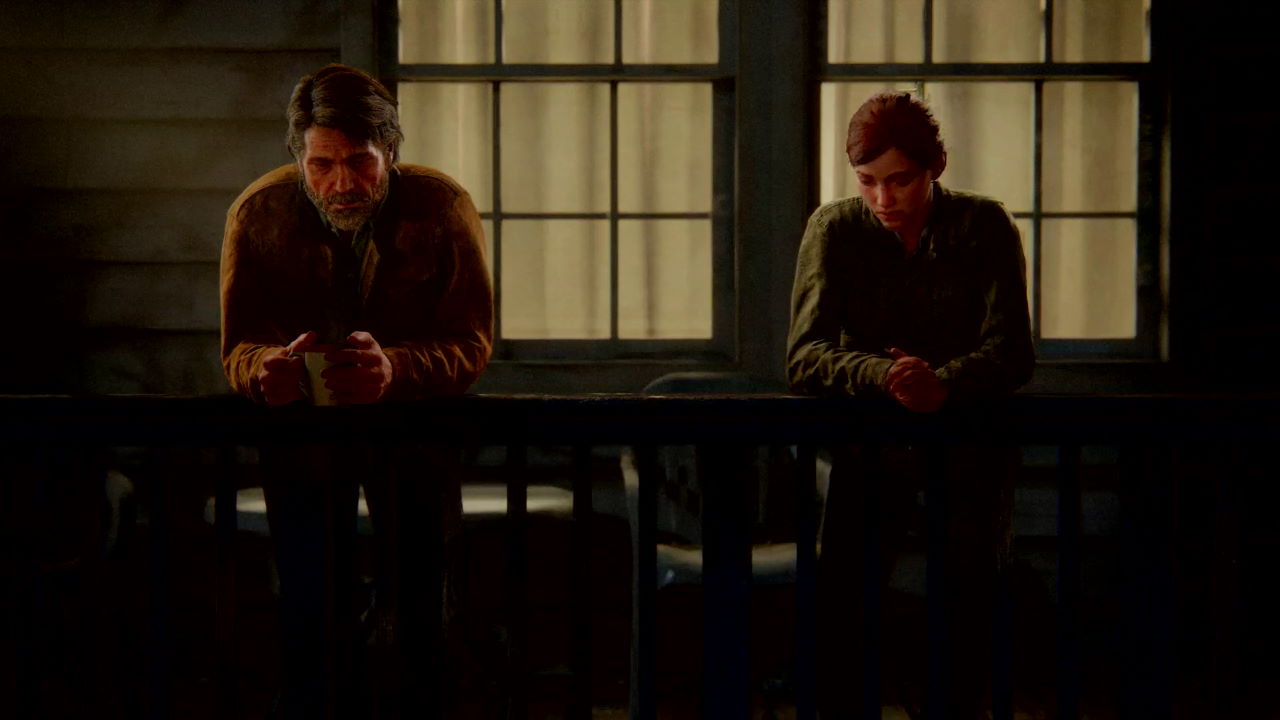
These questions all come to a head when Ellie discovers Abby tied to a cross alongside Lev. She gets them both down, and while the situation is clearly heading toward a confrontation, things seem calm. They work their way to the shore together, escape within reach for both of them. They could go their separate ways, accepting the damage that each has done to the other, but Ellie can’t. She sees Joel dying once again, triggering her trauma, and she has to act.
There have been many conversations throughout both games about things being “worth it”. That past actions or your life as a whole need to add up to something. Ellie has caused so much damage all on the idea that Abby is a bad person who deserves to die for what she did. Accepting now that she was wrong would mean that all of those actions were for nothing. That she killed a pregnant woman along with dozens of other innocents, for no reason. So she chooses once again to fight Abby.
Abby seems ready to move on, to leave for the Firefly camp and let Ellie go, but that won’t work for Ellie. So they fight, and fight, and fight. The player likely feels only a fraction of the exhaustion the charaters do, as they batter each other over and over. The damage racks up as they fight for what seems like no other reason than that they think they must. After losing two fingers in the battle, eventually Ellie gains the advantage and begins drowning Abby, but something stops her at the last second. This is where we get into my own interpretation of what happened.
To me, Ellie in this moment thinks of Joel for a few reasons. Losing her fingers brings back memories of learning to play the guitar, which we later see she will no longer be able to enjoy. In her quest to avenge Joel she has lost one of the most important lasting pieces she had of him. Playing the guitar in The Last of Us Part 2 is in many ways Ellie reaching out and connecting with Joel and her memories of him. She’s lost that now, all because she couldn’t let him go.
This memory is also of Ellie’s last interaction with Joel, and it’s an important one. Having spent the whole game assuming that Ellie and Joel fought that night, we now see that it was actually Ellie telling Joel that she will try to forgive him. Of course this also compounds on Abby’s actions, making her killing of Joel all that more powerful for Ellie, as she was seeking to rebuild her relationship with Joel. But it’s also a lesson to Ellie of the importance of forgiveness and mercy.
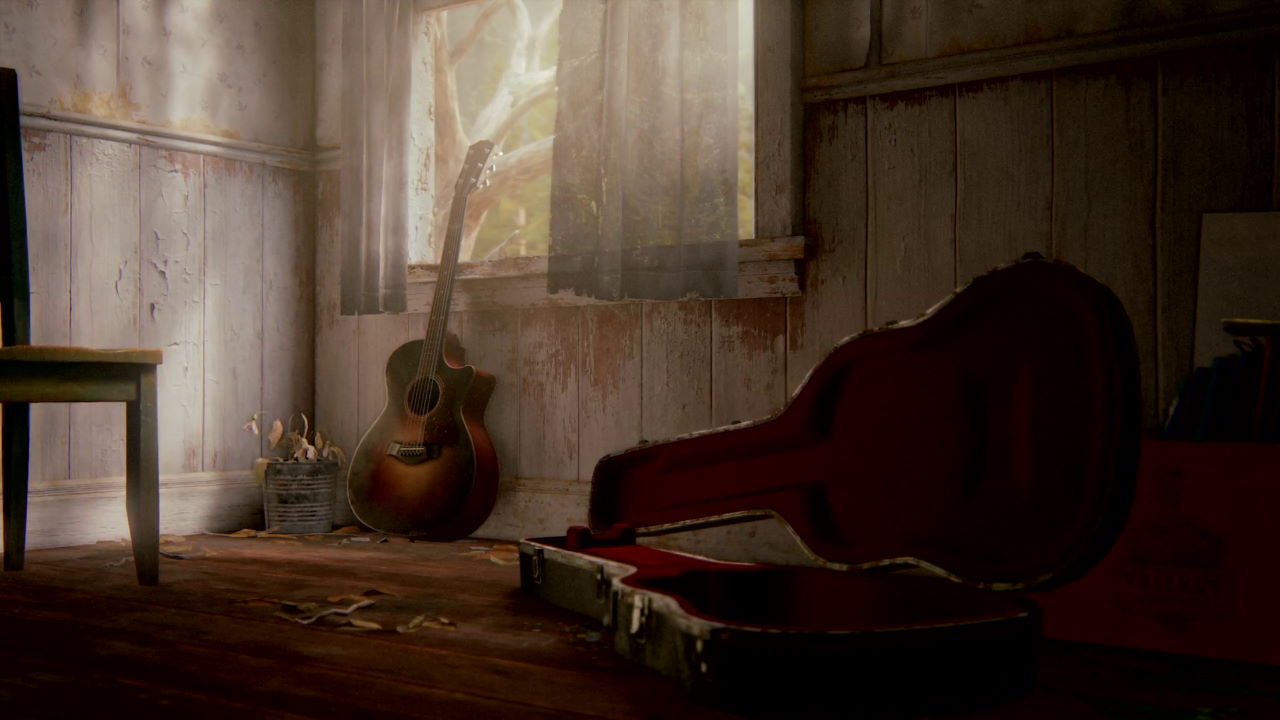
So all of this combines to form that final decision for Ellie. She hates Abby with a complete and total passion. She took her father figure away from her at a critical time. But in her quest to avenge that act Ellie has taken far more from her, and has even lost more herself. Her friends have died on this journey, and she has now been maimed to the point of losing that last connection she had with Joel, the guitar. So she decides to show mercy and let Abby go, taking her first step toward truly moving on from her anger, hatred, and trauma.
That’s what we see at the very end as Ellie returns home, finding that Dina has taken JJ somewhere, likely back to Jackson. Ellie wanders the house, remembering her life there and finds the guitar which triggers the full flashback of Ellie and Joel’s conversation. Trying to play it she and the player find it impossible. That last piece of Joel is now gone because of Ellie’s quest for revenge. She gathers her stuff and sets out. But she leaves the guitar behind, showing that she’s done with her quest and is able to move past Joel and her own trauma.
Where is Ellie going? Where is Dina now? Hopefully they are going to reconnect back in Jackson and live out as normal and happy a life as they can, but this is left to the player’s imagination. Much of the game is similar, as a lot of this is my own interpretation of the character’s and their motivations. But hopefully you find this enlightening in some way and that it helps explain the ending if it left you confused. The Last of Us Part 2 is a big step forward for video game story telling, and it trusts the audience to come along on the journey. Hopefully you did and found it to have some lesson for yourself.


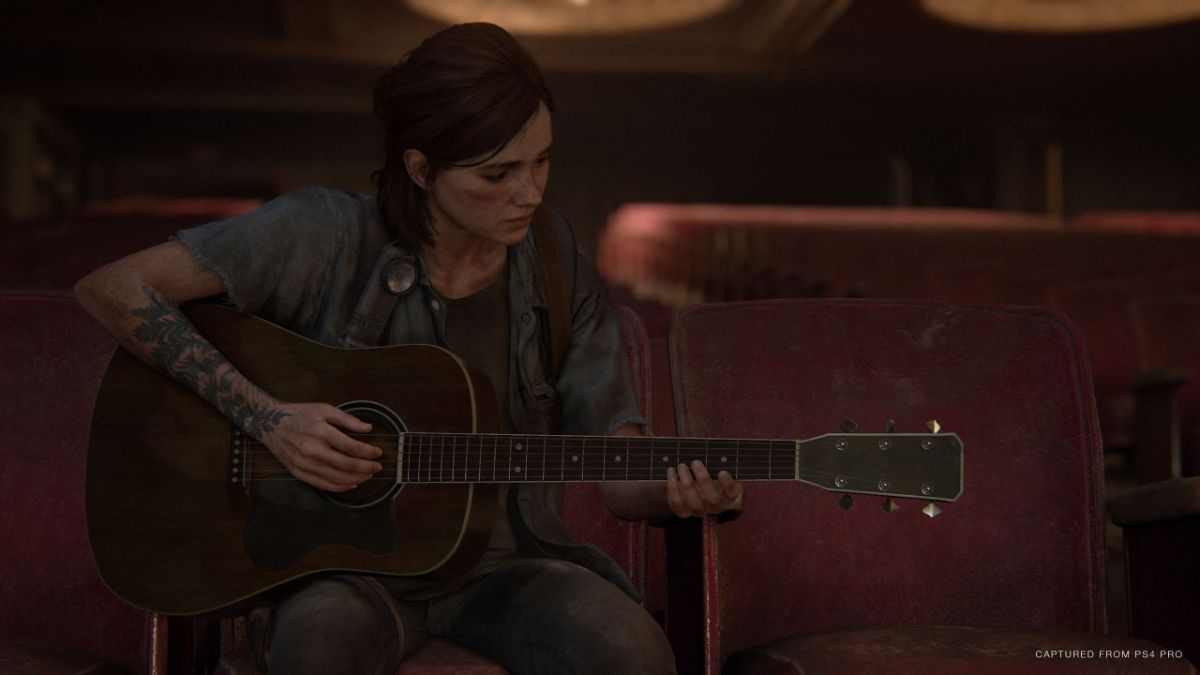
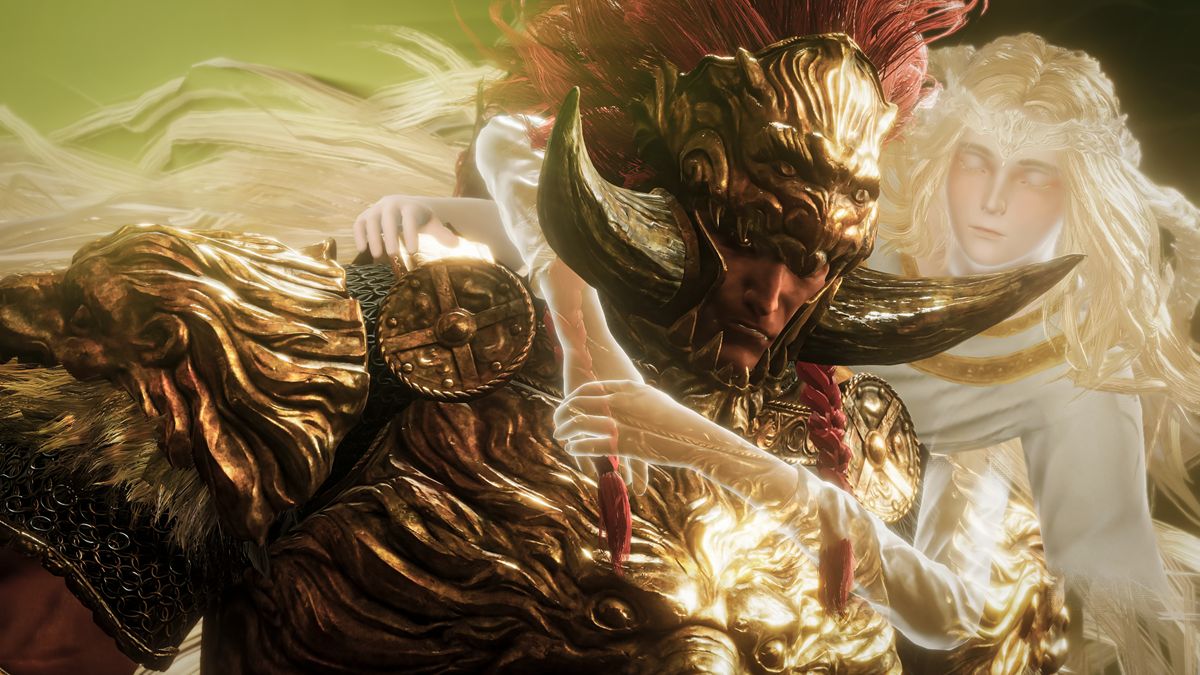
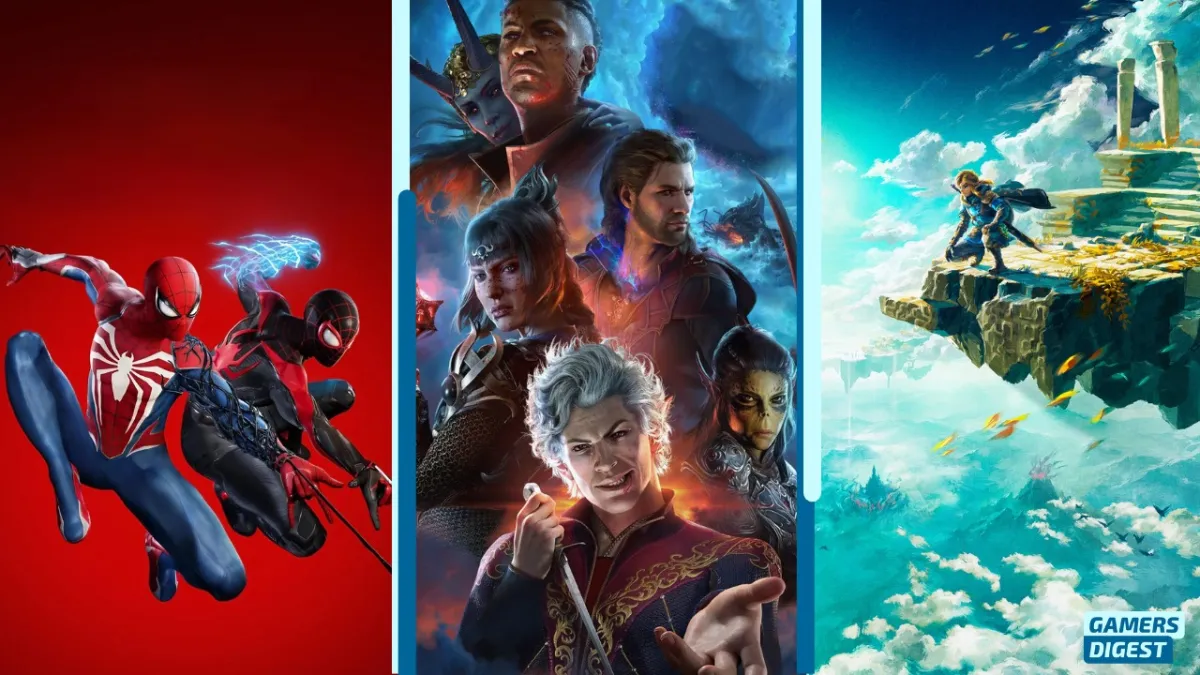
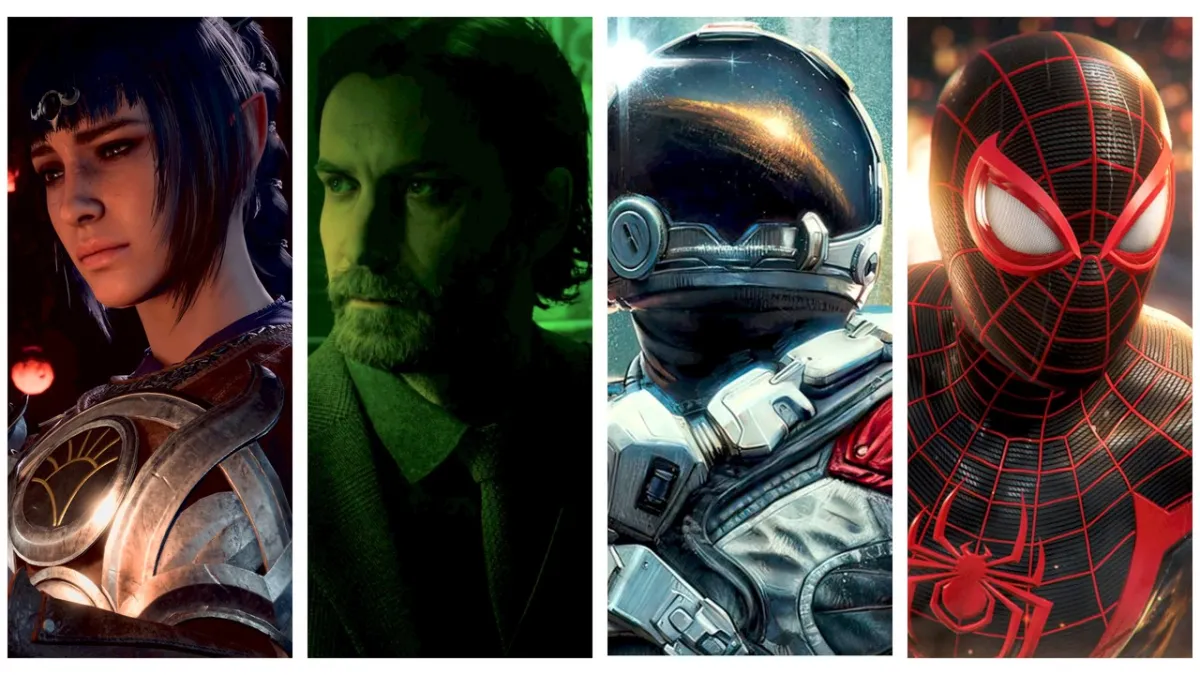
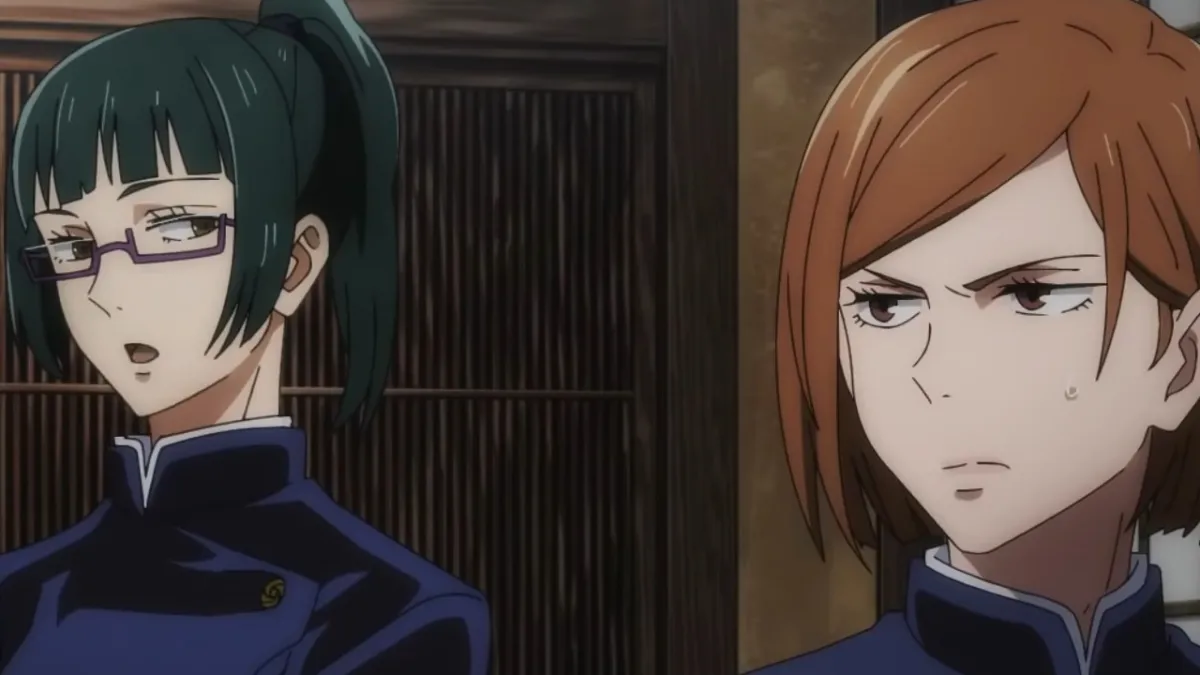
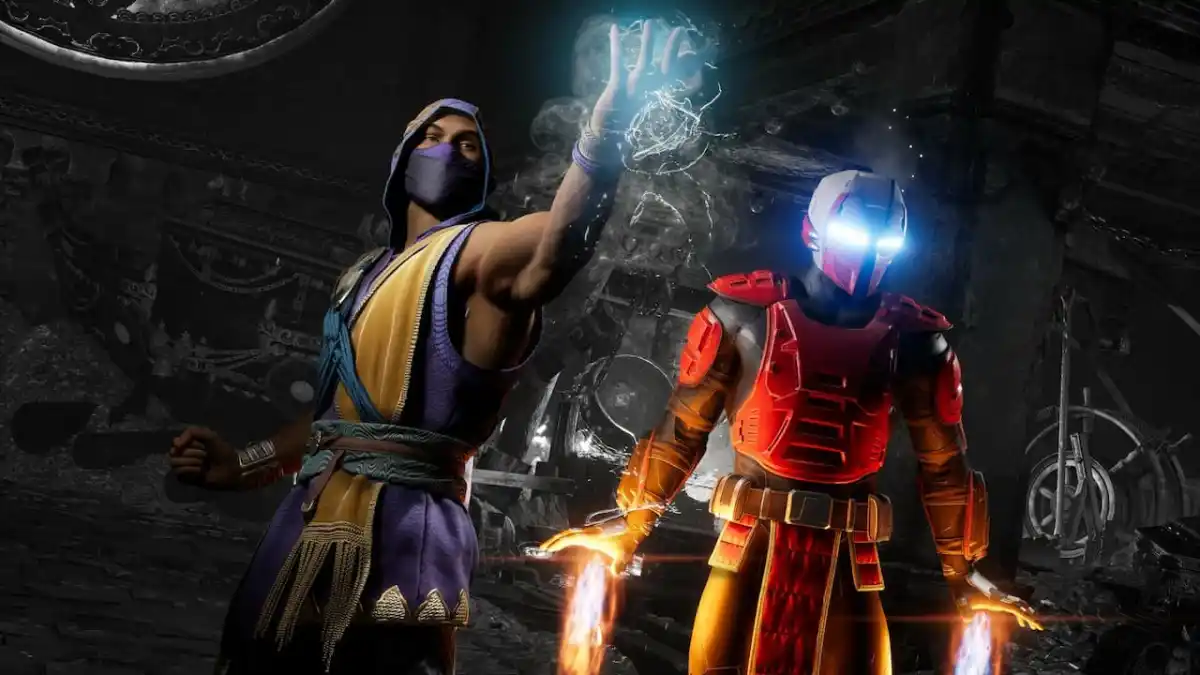
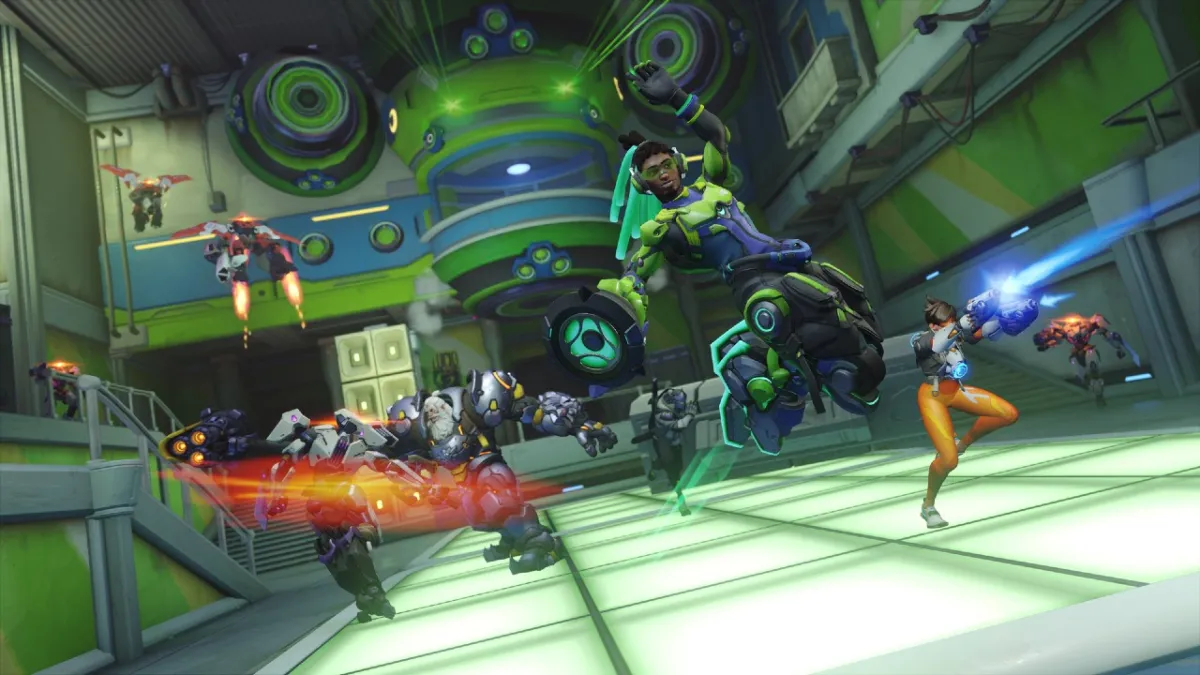
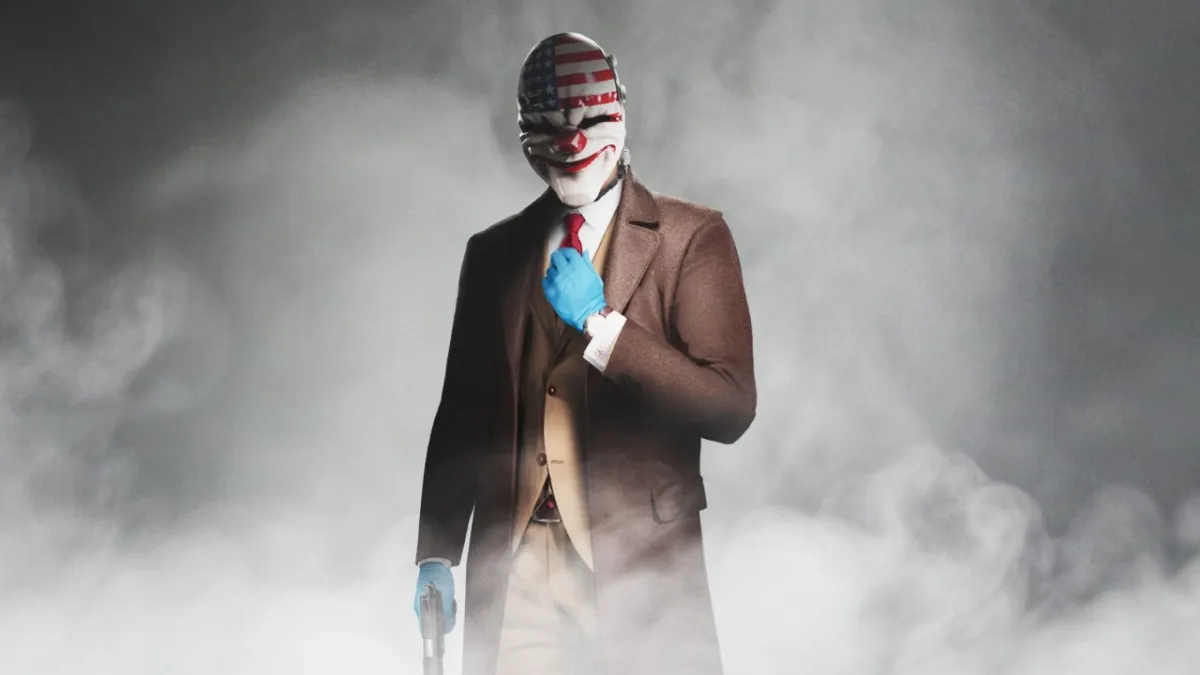
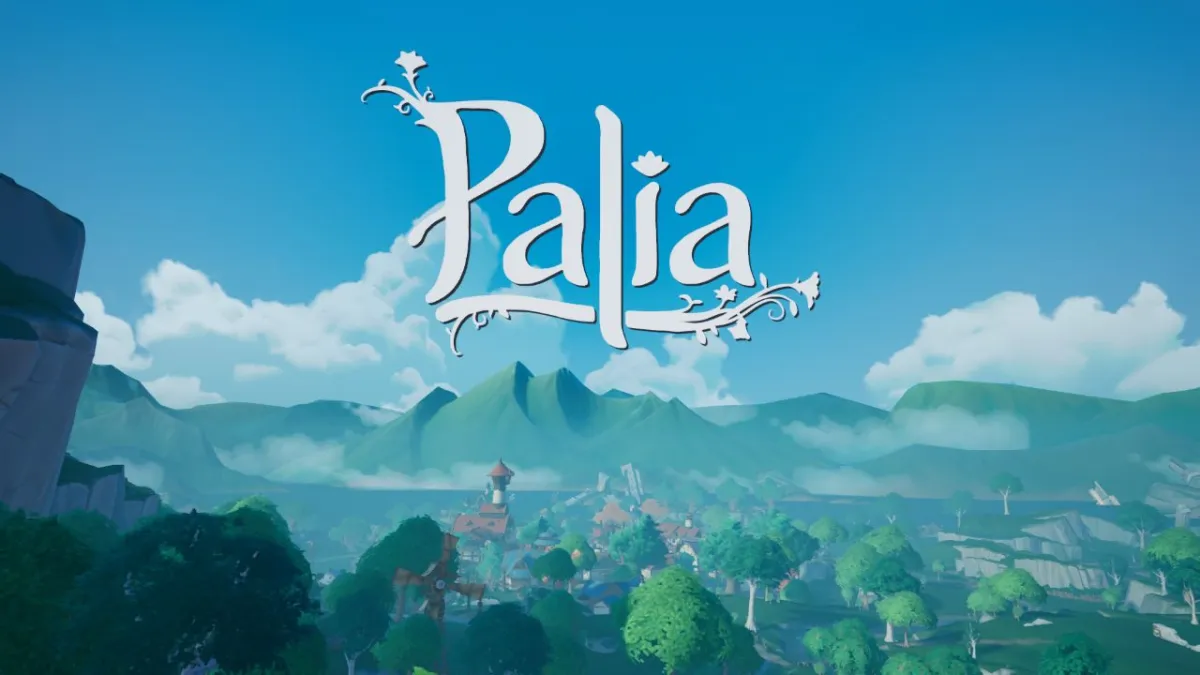
Published: Jun 19, 2020 03:10 pm